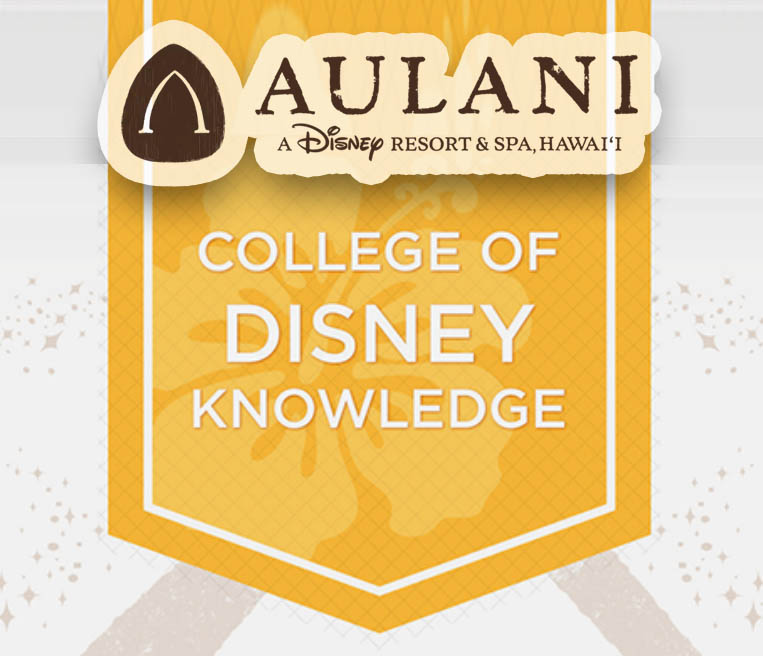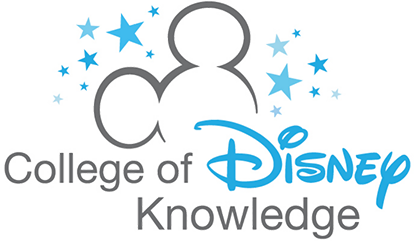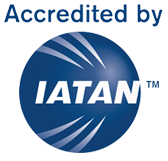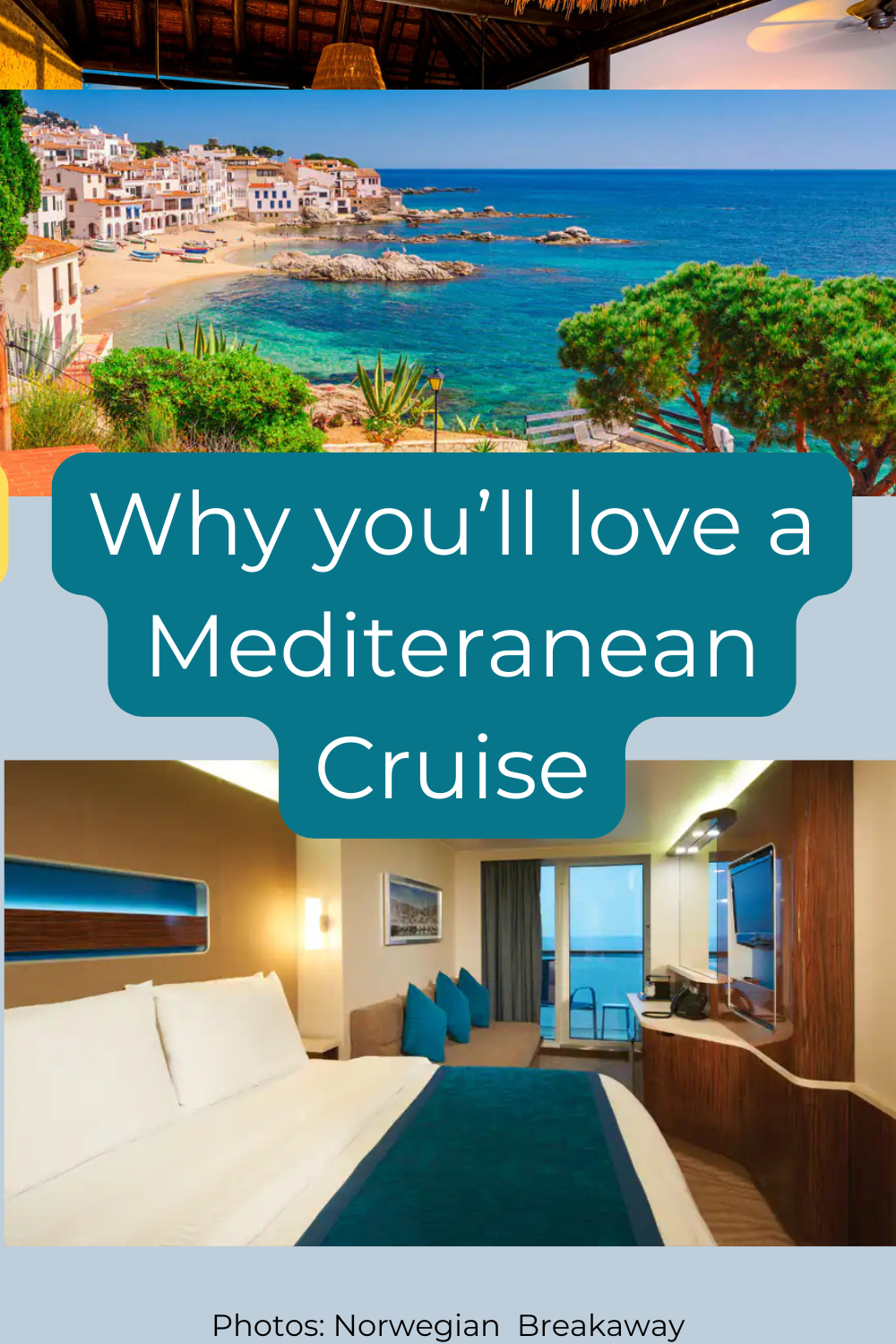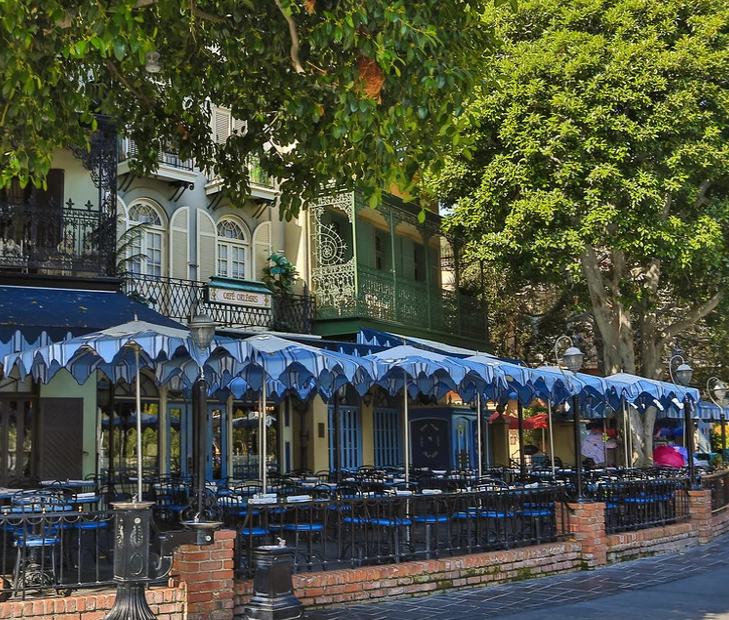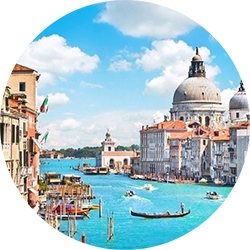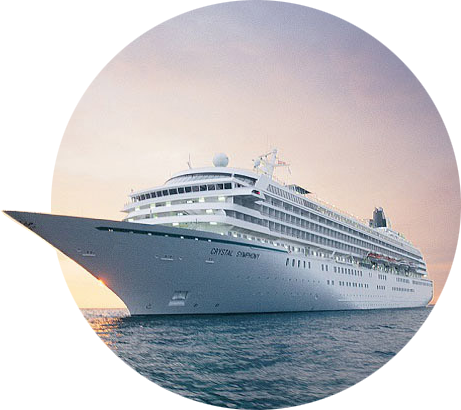We recognize that Disney vacations are not just an investment, but often the highlights of our lives, and we take that responsibility seriously. We want to ensure you have the best vacation experience.
Interested in a job in travel? Click here to learn: How to Become a Disney Travel Agent
Overview
Introduction

Turkey has exoticism to spare, with its covered bazaars, whirling dervishes, sultans' treasures, Greek and Roman ruins, historic mosques, rich cuisines, Turkish delights and Byzantine mosaics. And its natural beauty is abundant, with great stretches of sandy beaches, spectacular canyons and rock formations, ancient cave homes, rugged mountains over 12,000 ft/3,700 m, beautiful lakes and pine forests, and romantic rocky coves.
Travelers will find Turks to be exceptionally gracious hosts, which makes sense given the country's place as a crossroads between Europe and Asia. The country has an excellent tourist infrastructure, too.
This appealing mix does have a few drawbacks—increasing prices (though it's still an inexpensive place to travel), sprawling new development and growing crowds in major cities and coastal tourist destinations—but they're hardly enough to spoil a visit.
Take your time in discovering the country. It's best experienced in leisurely excursions to places of remarkable history and beauty, such as Cappadocia and Ephesus, and in extended visits to fascinating and energetic cities, such as Istanbul.
Geography
Turkey is one of the geographical links between Europe and Asia. Running through the center of Istanbul, the Bosporus Strait, a wide waterway that connects the Aegean and Black seas (by way of the Dardanelles, the Sea of Marmara and the Bosporus) also divides Europe and Asia, and Turkey has territory on both sides. The country is bordered by Greece, Bulgaria, Georgia, Armenia, Iran, Iraq and Syria.
Turkey's landscape varies dramatically. It has more than 5,000 mi/8,000 km of coastline along the Aegean, Mediterranean and Black seas. Eastern Turkey and the Mediterranean coast are mountainous, with volcanic peaks capped by snow year-round. The lava layers from ancient volcanoes in central Anatolia created a landscape of colorful gorges and "fairy chimneys" in Cappadocia.
Farther west, the mountains give way to rolling steppes and fertile plains before reaching the coast. Although the steppe area can seem desolate, especially in high summer, parts of northern and western Turkey are surprisingly green. The southeasterrn part of the country is much drier than the north.
History
One look at the names of its ancient cities and landmarks confirms Turkey's place in the history of human civilization: Constantinople (Byzantium), Troy, Midas, Antioch (Antakya), Philadelphia (Alasehir), Halicarnassus (Bodrum), Mount Ararat. The land has a rich and complicated history—and the people known as the Turks have only been there for about 1,000 years.
The Asian side of Turkey, known as Anatolia or Asia Minor, was settled as early as 7000 BC, but historians don't really know much about the people who lived there until the Hittites arrived around 2000 BC. The Hittites managed to control a good portion of Anatolia, but their rule was interrupted and overthrown by a succession of smaller states, including the Phrygians, the Lydians and Lycians. Eventually, the great empires of Greece and Persia showed up, too, followed by the Romans.
Constantinople (formerly Byzantium and later Istanbul) was founded in the fourth century AD. It soon came to rival Rome as the seat of the Christian world, and the city flourished in this position for hundreds of years. Not until the formal split between Roman Catholicism and Eastern Orthodoxy (AD 1054) and the arrival of the Selcuks (Turks) in the late 11th century did the city begin to lose its luster.
Until that time, most of Turkey's rulers had come from the west, but the Selcuks changed that. They were descended from the Turkish people of East Asia, and they had a different language and religion (Islam). Various groups of Turks had been making their way westward for centuries, but the Selcuks were the first to dominate central Anatolia. They were soon followed by the Mongols and then the Ottomans, who arrived in the region around AD 1300. The Ottomans ultimately created a new empire that lasted more than 500 years, taking Constantinople in 1453 and spreading their rule through much of Europe, the Middle East and North Africa.
After its peak, the Ottoman Empire slowly crumbled over two centuries, finally expiring at the end of World War I. Into the void stepped Gen. Mustafa Kemal, later known as Ataturk. A hero at the battle of Gallipoli, Ataturk drove out the Greeks and other peoples who had been awarded parts of the old empire after World War I. In doing so, he established the country's modern borders and renamed it "Turkey." A secular, democratic government was established, with Ataturk as the first president. Ataturk moved the capital to Ankara.
Modern Turkey straddles east and west, which sometimes makes for an uncomfortable ride. During the 1990s, the country struggled with a series of weak coalition governments, two disastrous earthquakes in northeastern Anatolia that killed nearly 20,000 people in 1999, and a long-running struggle with the PKK, a militant Kurdish group that sought independence for southeastern Turkey by means of violence. The absolute low point came in 2001, when the Turkish lira collapsed in value, throwing thousands out of work and creating economic chaos. The result was an election in 2002 that swept out almost all of the old political parties in favor of a modern Islamic government.
Under Prime Minister Recep Tayyip Erdogan, Turkey is pursuing membership in the European Union, although progress in such talks waxes and wanes in large part because of the ongoing conflict over the Turkish occupation of Northern Cyprus, as well as concern about the pace of Turkey's reforms and opposition from key EU countries such as France and Germany. In 2013, EU Affairs Minister Egemen Bagis admitted Turkey might lose its bid to join the EU. Many member nations are wary of integrating a majority Muslim nation that still struggles with secularism into the league.
In Erdogan's early years as Prime Minister, he pulled Turkey out of poverty and greatly improved the economy. But, starting in about 2012, Erdogan started becoming progressively more conservative and authoritarian.
His policies lead to massive unrest and in May 2013, protests and strikes broke out around the country, initially sparked by plans to redevelop Taksim Square. As the government responded with tear gas and water cannons, millions of protestors took to the streets, protesting the government crackdown while demanding greater democracy, freedoms and secularism. Many were angered by the government's backing of Syrian rebels, a controversial move seen by most Turks as a threat to national security (especially as more rebels are found with chemical weapons).
Later in the year, most of the violence had subsided and a tenuous peace had resumed. Still, the movement would become the most serious threat to Prime Minister Erdogan's government, and Turkey's largest disquietude in decades. Faced with limited jobs and resources, Turkey also struggles to deal with the half a million Syrian refugees that have poured into the country since 2011, the beginning of Syria's civil war.
Also in 2013, the government lifted a decades-old ban on wearing headscarves in civil service jobs, under the premise of democratic reform and bolstering the rights of Turkish Kurds. However, critics claim the move will blur the lines between government and religion, pushing a nation founded on secularism toward becoming an Islamic state.
In 2016 and 2017, restrictions against hijabs were further lifted so that women may wear hijabs in schools and government positions, including in courts. Regardless, the hijab will remain one of the most polarizing emblems of modern Turkish life, symbolizing the ongoing tug-of-war between the country's religious and secular elite.
An attempted coup in July 2016 set off a period of political unrest in Turkey that severely depressed tourism in the country, though it has since made a steady comeback.
After the unsuccessful coup attempt, which left President Erdogan still in power, Turkey's political and economic situation stabilized and public violence ceased in 2016. The country remains stable, though Erdogan has managed to grasp more authoritarian power over the government, resulting in rumored human rights abuses, ongoing strife with Syrian Kurds, and other social issues. It is not likely that Turkey will become part of the EU anytime soon.
Some areas of the country, including the eastern and southeastern regions near the borders of Syria and Iraq should still be avoided because of the risk of terrorist attacks and continued unrest. However, most visitors to Turkey will not notice any of these political and social issues. Turkey is overall a safe tourist destination and the Turkish people are helpful and welcoming.
Snapshot
Turkey offers beaches, historical sites, museums, shopping, palaces, mosques, architecture, good food, spas, beautiful and varied scenery, hiking and mountain climbing, hot air ballooning, and watersports.
Turkey will appeal to adventurous, well-traveled people who enjoy the combination of exotic cities, beautiful beaches and mountains, and historical attractions. Turkey is a modern country and standards in accommodations have increased dramatically in recent years, although travelers who seek every Western comfort and a high degree of predictability and organization may be more comfortable if they confine their trips to major cities and tourist destinations, including Cappadocia and coastal towns and cities.
Potpourri
The people originally known as the Turks are thought to have migrated from an area in the eastern part of Siberia.
The origin of the word meander is from the Meander River, the ancient name of Turkey's Menderes River, which twists and turns its way to the Aegean Sea.
The Quran forbade Turkish sultans to enslave fellow Muslims, so the slave-wives who populated their harems were all Jewish or Christian. Armenian and Cherkess (Circassian) women were particular favorites, and Suleyman the Magnificent had a Russian wife, Roxelana. Over the generations, the Imperial bloodline became increasingly diluted, with the result that the last Ottoman sultans were less than 1% genetically Turkish.
Agatha Christie wrote Murder on the Orient Express in Room 411 of the Pera Palace Hotel, one of Istanbul's landmark hotels. It is also where she experienced her mysterious "lost" days—11 days that neither she nor anyone else could account for.
Tulips are originally from Turkey. The bulbs were exported to the Netherlands in the 17th century, where a buying craze sent their prices soaring.
Florence Nightingale pioneered modern nursing in Istanbul during the Crimean War in 1854.
Legend holds that the founders of Istanbul (ancient Byzantium) had been told by a seer to settle across the water from the "city of the blind men." On one side of the Golden Horn, the adventurers found a perfect site for a city: It had a good water supply, an excellent harbor and cooling breezes, but no one lived there. However, just across the straits was a town built on marshy ground that had no natural advantages. Rightly deeming the others to be figuratively blind, the newcomers established Byzantium.
The Seven Churches of Asia Minor, which figure prominently in the Apocalypse, or Revelation of St. John, were in Ephesus, Laodicea, Pergamon (now Bergama), Philadelphia (Alasehir), Sardes, Smyrna (Izmir) and Thyatira (Akhisar).
Although the croissant is generally considered to be a product of French bakeries, its origin is Turkish (it's said to be the shape of the Islamic crescent). Another item Turkey introduced to the rest of Europe was coffee. Supposedly, Europeans first learned of coffee and croissants during the siege of Vienna in 1683. When the Ottoman army retreated, they left both behind.
More than one-third of the world's legally grown opium comes from the Afyon area. Visit in late May-early June to see the fields awash with purple and white "hashhash" poppies.
Location
Various cruise lines include Istanbul and other Turkish ports on their Mediterranean itineraries.









